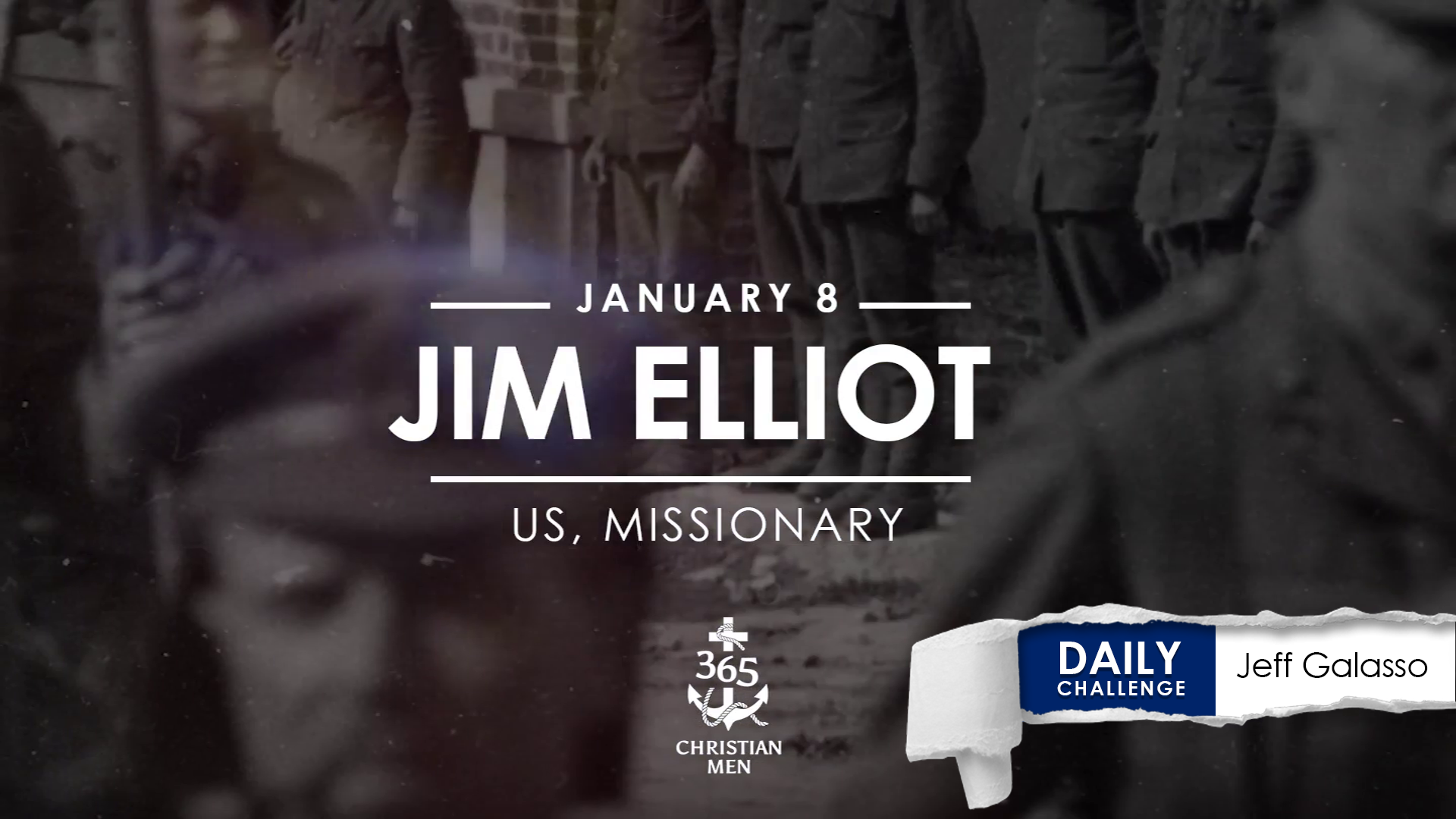January 11. Chuck Stecker. Chuck is the Founder and Executive Director of A Chosen Generation—a Christ-centered ministry that exists to train up leaders for intergenerational ministry.
As an Army Lieutenant Colonel, Chuck served as a leader, including three years on the Joint Staff in the Pentagon. Combining business experience, twenty-three years of military service and more than thirteen years of full-time ministry, Chuck delivers a clear strategy to equip, train, empower, and release a whole new generation of leaders. These leaders would develop clear pathways to keep young adults actively connected to their churches and to help them develop into the leaders that will impact every area of our society.
A Chosen Generation is all about intergenerational ministry. Today’s story begins at a “When Men Pray” event at Nashville’s Ryman Auditorium, and it’s all about intergenerational too.
A godly man resists the temptation to judge another man’s actions.
Retired Lieutenant Colonels did not cry. And if they ever were to cry, it would not be in a huge public event in the Ryman Auditorium.
But when the man with the microphone said God would heal men who had never received their father’s blessing, Chuck’s stoicism flew out the arched windows. He hadn’t seen his father in twelve years. Wasn’t sure where—or if—he lived. And Chuck bawled like a little kid.
It was the When Men Pray conference, and a friend saw Chuck crying. The man hugged Chuck and prayed a father’s blessing over him.
During the next month, Chuck began to heal, but it was hard to release the poison from years of resentment.
Then Chuck traveled for ministry, and he carried a letter with a Wichita address—his father’s last known place of residence. On the way home, when Chuck reached Memphis, he had to choose between two routes. One was I 40 through Wichita. Did God really expect Chuck to seek his biological father?
Chuck was in no mood to be spiritual. “I’m tired, God. I’m going the shortest route home.” Chuck grabbed his Rand McNally map and counted the mileage. Twice. Chuck took I 40. Then turned north on I 35 toward Wichita.
Finally he approached the place his father lived. Trash, beer cans, and needles littered the street in front of the dilapidated apartment building. His father’s name was on a mailbox. Chuck tugged on the front door. Locked.
Chuck leaned against his car. “What now, God?”
Just then, a woman appeared and opened the door from the inside.
He stood still, kept his hands in sight, and relaxed. The woman was clearly frightened.
“I’ll stay right where I am, ma’am,” Chuck said.
She gazed at him. “You’re one of the old man’s boys.”
What was she talking about? “I’ve never been here before,” he said.
“You’re one of the old man’s boys,” she said again. “He’s told us for years one of you would come. But it’s been so long, none of us believed him anymore.”
She flung open the door, ran back into her apartment, and spoke through a slit in her door. “Third apartment on the right.”
Chuck walked down there. Printed on a grimy piece of tape was his father’s name.
Chuck knocked. Knocked again. No answer.
A neighbor stepped from her apartment. She banged on Chuck’s father’s door. “Open up!”
Finally, the door opened.
And there he was, bowed over like a baboon and wearing only boxers.
His father stared at him. “Well, I’ll be damned.”
Chuck stepped onto a greasy carpet pocked with beer cans. He sat on a broken-down chair. And huge cockroaches scuttled up the wall.
After an awkward visit, Chuck said he would return in the morning, and he made his escape out to his car.
But in his hotel room that night, Chuck couldn’t sleep.
God asked, “What control do you have over your father?”
“None,” Chuck said.
“What control do you have over yourself as a son?”
“That’s what I get to control,” Chuck said.
“Honor thy father and mother.”
As a boy, Chuck had to be very careful around his father. If you backed him into a corner, he would coil up like a rattlesnake and strike.
Chuck wished Scripture said to honor your father unless he was an idiot, a drunk, or a jailbird.
But it didn’t.
The Holy Spirit repeatedly asked the same questions and whispered, “Honor thy father and mother.”
The next morning Chuck returned to his dad’s. On hands and knees on the dirty carpet, Chuck clutched his father’s feet and prayed aloud, “God, forgive me. I have not been the son I should have been. I have resented my father. I have not honored him.”
His dad didn’t say much.
With the promise to stay in touch, Chuck left.
And Chuck kept his word. His father installed a phone to make it easier. Chuck realized no one had taught his father how to love. Yet Chuck had held his dad responsible for what he didn’t know. Based on his own needs, expectations, and desires, Chuck had judged his father.
Three years later, during one of their visits, Chuck’s dad asked spiritual questions.
“You have never accepted Jesus Christ as your Lord and Savior, have you?” Chuck asked.
“No,” his dad said. “If that’s why you’re here, that’s not what I’m going to do either.”
“Dad, heaven and hell are real. I’m not much of a theologian, but I know heaven will be in the presence of God. Hell will be out of God’s presence. For eternity.
“Someday I’ll be the family patriarch, and I’ll make sure your grandchildren know about Jesus. But if I get to heaven and you’re not there, it won’t be the same without you.”
His dad sobbed. Then he knelt on the exact spot of carpet where—three years before—Chuck had knelt. Now they knelt together and cried together. His dad accepted Jesus.
“There’s a little bit of Pharisee in all of us,” says Chuck. “We hold people to standards we ourselves can’t stand up to.… I judged myself by my good intentions and my dad by his actions.”
God’s grace changed Chuck—then it changed his dad.
“We are careful not to judge people by what they seem to be, though we once judged Christ in that way” (2 Corinthians 5:16 CEV).
How do you measure yourself? Is it how you measure others? A godly man resists the temptation to judge another man’s actions.
Based on an interview with Chuck Stecker, May 23, 2020.
Story written by: Shelli Mandeville, https://worthy.life/















